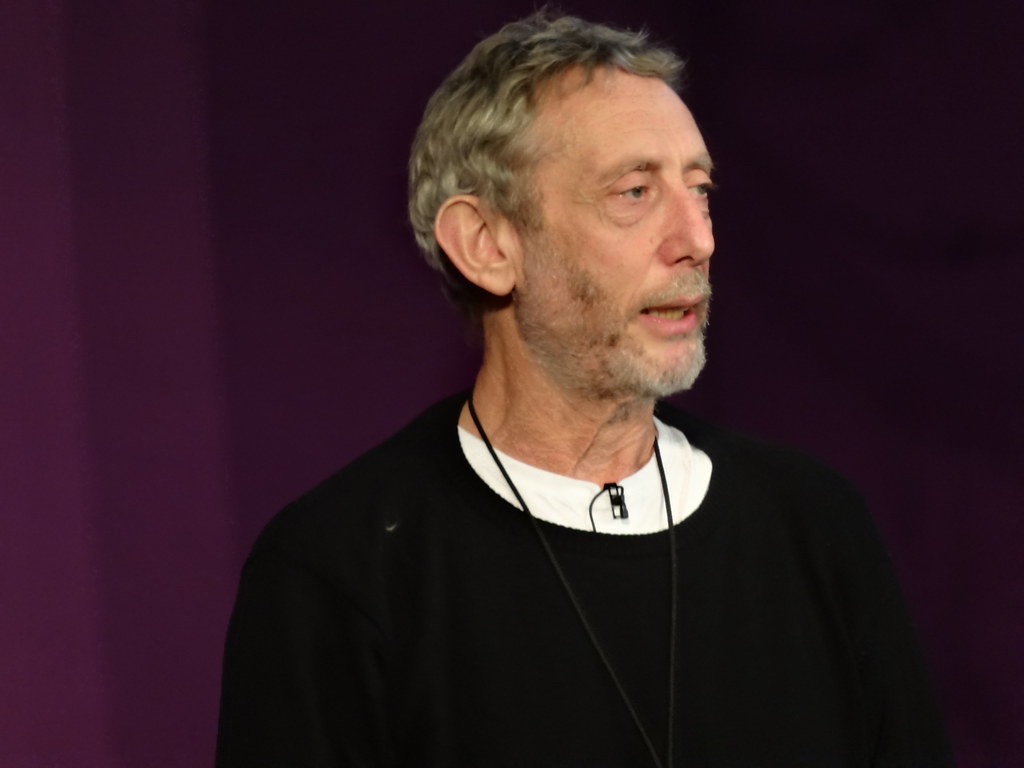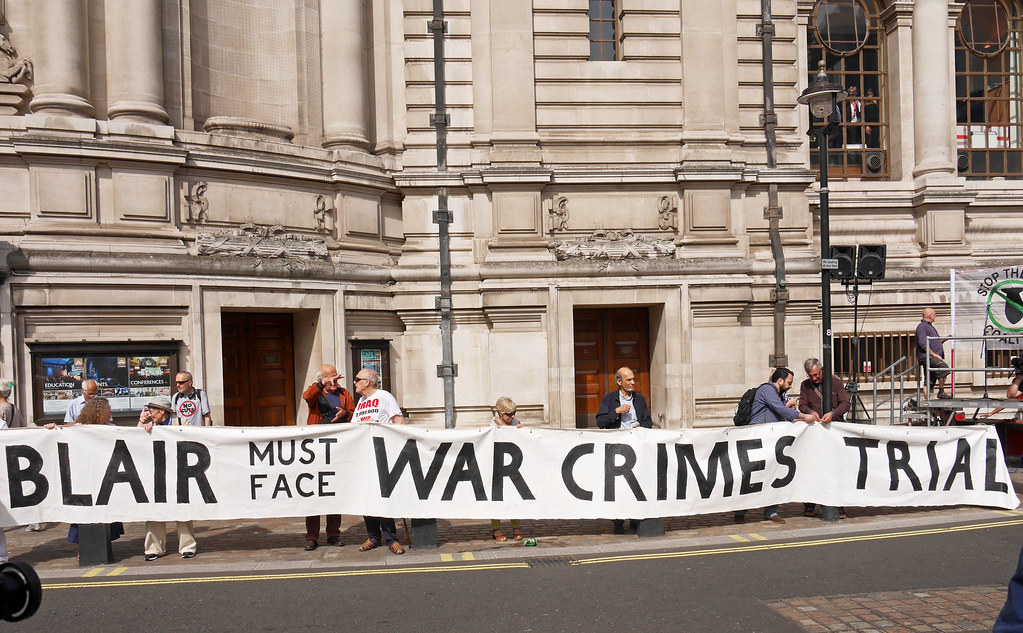Popular figures, including author Michael Rosen, have demanded a public inquiry to investigate government failings to the COVID outbreak in the UK. Rosen referred to his personal experience of COVID where he was on a ventilator in an ICU ward during 2020 for six weeks, causing long-term effects on his physical and mental health.
Rosen, alongside TV presenters Sophie Morgan and Joan Bakewell, have highlighted the high level of COVID deaths, especially within BAME and disabled groups, and the delay to NHS PPE throughout the spring and summer of 2020.

This week, Rosen spoke to The Guardian and argued that, “We desperately need an inquiry into how and why this lethal idea was taken seriously. We owe it to the dead and injured and we must learn from such a terrible mistake.”
This expectation of a public inquiry to provide answers and, ultimately, justice builds upon a longer history of British political institutions and their role in British society. For the general public, inquiries furnish the dismepowered with the authority to hold the powerful to account, rebalancing the inequalities of society and amplifying the ‘truth’ of state transgression.

However, state-led inquiries are products of a distinct political culture. The commission officials traditionally provide a legalistic investigation, focusing on attributing responsibility and criminalising the ‘few bad apples’ who went beyond state instruction. This methodology precludes the examination of structural or systemic failings and ignores the wider context of decision-making. By limiting ‘lesson-learning’ to individual blame, the inquiry legitimises the systemic logic that led to the failings in the first place.
As discussions about a COVID inquiry emerge over the next few months, it is crucial that we take a more critical approach to the public inquiry processes rather than characterising the institution as an impartial, apolitical event.